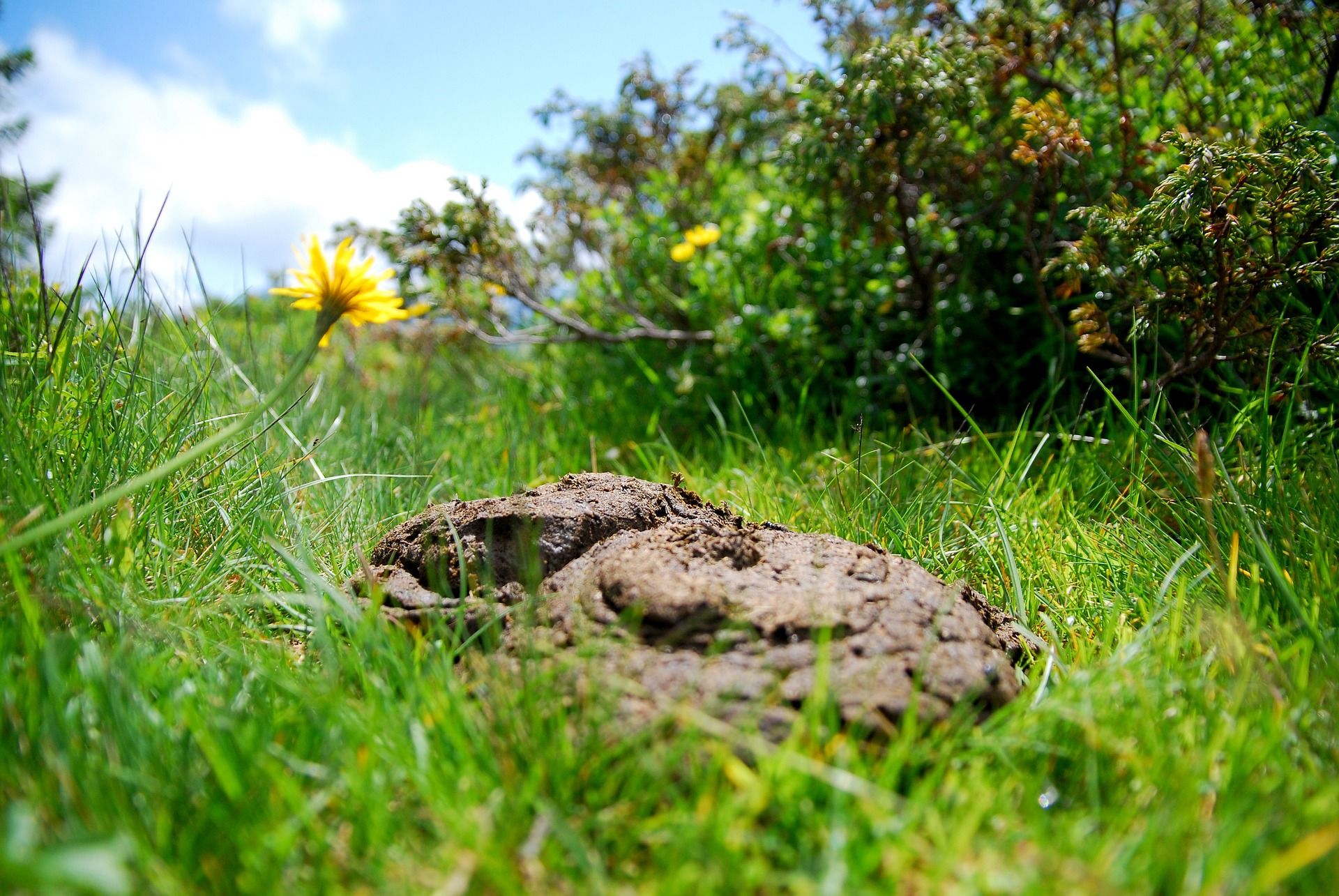The Importance of Fungi and Microbes in the Garden Soil Web

When we think of a garden, we often think of plants, soil, and water. But did you know that the health of your garden is greatly impacted by the tiny organisms living in the soil? Fungi and microbes play a crucial role in the soil web, and their presence or absence can have a significant impact on plant health and growth. In this article, we’ll explore the importance of fungi and microbes in the garden soil web and provide tips on how to encourage their growth for a healthy, thriving garden.
The Soil Web
The soil web refers to the complex network of living organisms that exist in the soil, including fungi, bacteria, protozoa, and nematodes. Each of these organisms plays a vital role in the soil ecosystem, and their interactions with each other and with plants are critical for plant health and growth.
Fungi and Microbes
Fungi and microbes are two of the most important types of organisms in the soil web. Fungi play a critical role in breaking down organic matter, releasing nutrients back into the soil for plants to use. They also form symbiotic relationships with plant roots, helping them absorb water and nutrients more efficiently.
Microbes, including bacteria and protozoa, also play an important role in the soil web. They break down organic matter and release nutrients, and some types of bacteria can fix nitrogen from the air, making it available to plants.
Encouraging Fungi and Microbes in the Garden
To encourage the growth of fungi and microbes in your garden, there are several steps you can take. First, avoid using synthetic fertilizers and pesticides, as these can harm beneficial organisms in the soil. Instead, use natural methods to manage pests and improve soil fertility.
Adding organic matter, such as compost or aged manure, to your soil is another effective way to encourage the growth of fungi and microbes. These organisms thrive on organic matter, and by adding it to your soil, you’ll provide them with the food they need to grow and multiply.

Mulching your garden can also help create a favorable environment for fungi and microbes. Mulch helps retain moisture in the soil, which is important for these organisms to thrive. It also helps regulate soil temperature, which can help maintain a healthy soil ecosystem.
Harmful Habits
There are several common gardening practices that can harm fungi and microbes in the soil web. Tilling, for example, can disrupt the delicate balance of the soil ecosystem, destroying beneficial organisms and exposing them to the elements. Overuse of synthetic fertilizers and pesticides can also harm beneficial organisms and reduce soil health.
"You ever plow a field? To plant the quinoa or sorghum whatever the hell it is you eat? You kill everything on the ground and under it. You kill every snake, every frog, every mouse, mole, vole, worm, quail...you kill them all. So I guess the only real question is: How cute does an animal have to be before you care if it dies to feed you?" -John Dutton, Yellowstone
Invasive plant species and monoculture planting can also harm the soil web. These practices reduce biodiversity, which is critical for a healthy soil ecosystem. By planting a variety of crops and incorporating cover crops, you can help maintain a healthy soil web and improve soil fertility.
